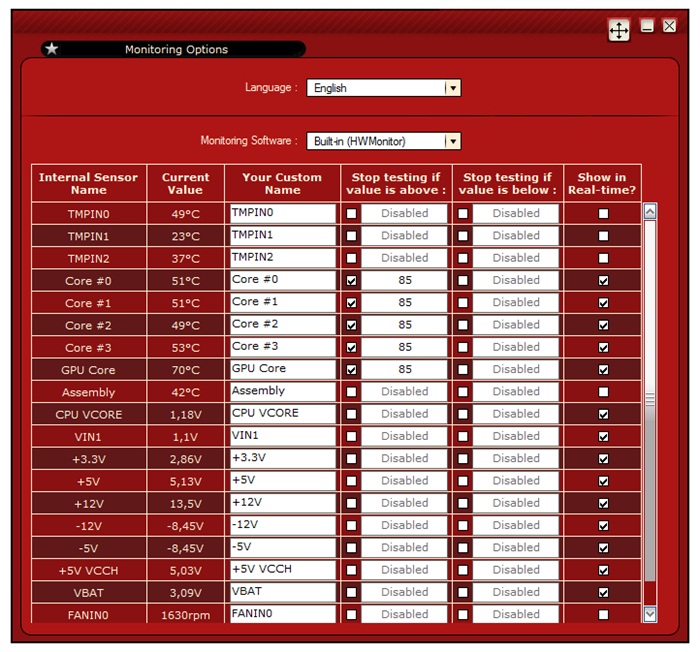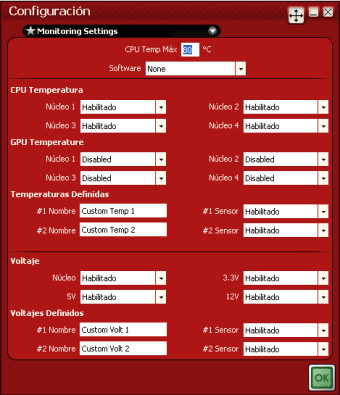
During the second world war, when Ukraine was occupied by German troops, many anti-Soviet Ukrainians fought alongside them against Ukrainian partisans. The word has particular significance for Ukrainians.

Ukraine’s president, Volodymyr Zelensky, has let it be known that any “ Gauleiter” – the slang being used to refer to collaborating Ukrainian officials, taken from the word used for district officials in Nazi Germany – will be caught and punished. Oleg Shostak, head of the propaganda unit in occupied Melitopol, was badly injured by a car bomb. Similarly, Ivan Sushko, the Russian-appointed head of the occupied village of Mykhailivka in Zaporizhzhia, was also killed by a car bomb, as was Yevgeny Yushakov, head of the administration of the Veliky Burluk in Kharkov. In Berdyansk, in the Zaporizhzhia region of eastern Ukraine where Russian troops are occupying Europe’s largest nuclear plant, the deputy chief of police, Alexander Kolesnikov died on August 26 after being targeted by a roadside bomb. There have been killings and attempted assassinations of officials in other Russian-controlled territories. Another pro-Moscow official, Igor Telegin – deputy head of domestic policy for Kherson region – managed to survive a car bombing.
The day after Saldo was allegedly poisoned, another pro-Moscow official in Kherson, Vitaly Gura, was shot outside his home and died in hospital later. Saldo was reportedly also the target of a car bomb in July, which was “discovered and defused in time”. Saldo was reportedly taken to a hospital in Crimea and then to a toxicology unit in Moscow apparently suffering the effects of poisoning. Kovalev’s killing at the end of August followed what appears to be the attempted assassination of his boss, the leader of Russian-occupied Kherson, Vladimir Saldo. His girlfriend was reportedly also badly injured with a stab wound to her neck.

Among them was Alexey Kovalev, the deputy leader of Kherson, who was found shot to death in his home in the Russian-occupied Ukrainian town of Hola Prystan.Ī former Ukrainian MP, Kovalev announced in June that he was now working with the Russian invaders. Many of these have been in the Kherson region of southern Ukraine, where Kyiv has recently begun a counteroffensive. These reports were confirmed by the Moscow Times, an independent English-language newspaper which has been edited from Amsterdam since earlier this year when Russia passed laws effectively criminalising reporting about the war in Ukraine. According to a tally compiled by, a volunteer project that translates reports about the war into English, there have been 19 attacks on pro-Russian Ukrainian officials since March this year. But Moscow has often been unable to find popular candidates to fill the roles and one of the reasons for this is that it has become fairly dangerous to collaborate.


 0 kommentar(er)
0 kommentar(er)
